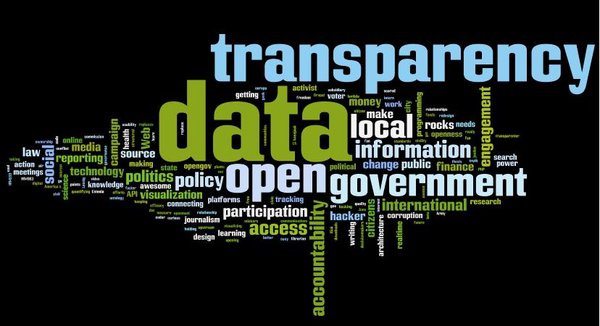Open Data Interview: Gregg Currie
- Karen Godbout
- Oct. 31, 2018

 Open Data Interview: Part One
Open Data Interview: Part One
Gregg Currie
Department Head, College Librarian,
Selkirk College Library
Castlegar, BC
We met with Gregg to discuss Open Data at the Selkirk College Library. Below are some highlights from Gregg's interview.
Q: Library databases that point to open data/open access journals -- Is this changing?
A: Not for datasets. Selkirk library databases and the "Discovery" search are proprietary. Proprietary does not play well with others. The cost of scholarly journals has increased which vastly improves the quality of open access journals. The monopoly of scientific publishers makes subscription costs huge, especially for smaller college libraries like Selkirk. Usage statistics don't justify journal costs and they don't change based on student population or library budgets. Aggregator databases offer a wider range of journal access. However, they are still proprietary.
Q: Do students ask librarians for search help finding open stats/datasets? -- What are your go-to resources?
A: They aren't specifically requesting datasets but they frequently ask for stats. However, mostly they are interested in visualized/summarized data, not raw data. We point them to StatsCan/Statista.
Q: Changes in attitude toward copyright/open standards -- Among students? Faculty? Libraries? Have you received any direct comments or feedback?
A: People generally use what they can find. Students are provided with resources to assist them with determining authenticity and accuracy of sources.
Q: Collaboration and policy development -- Does the Selkirk Library currently contribute to other organizations on open policy and practice? Would you participate in a BC Rural Open Data Network?
A: It is a good idea but currently nobody is doing it. The closure of government libraries was a huge loss of pre-exisitng policies and government documents. There may be no record maintained to quantify how much was lost, but much less is available digitally compared to what was previously available in print. We will definitely participate in a BC network as much as time allows.
Q: Future Development -- How do you see open standards evolving? Opportunities? Challenges? Caveats?
A: There is potential for great success, but it's the nature of government to be somewhat opaque in order to hold power. Open Government movements are up against a deeply ingrained political culture of secrecy. This could generate a backlash response.
Q: What about opening more (anonymous) data that colleges and universities collect through students?
A: It would be useful to open it up
to learning analytics, but there is a defensive mindset among most
institutions similar to the government. Limited access is too often
justified by privacy when privacy is not the issue.